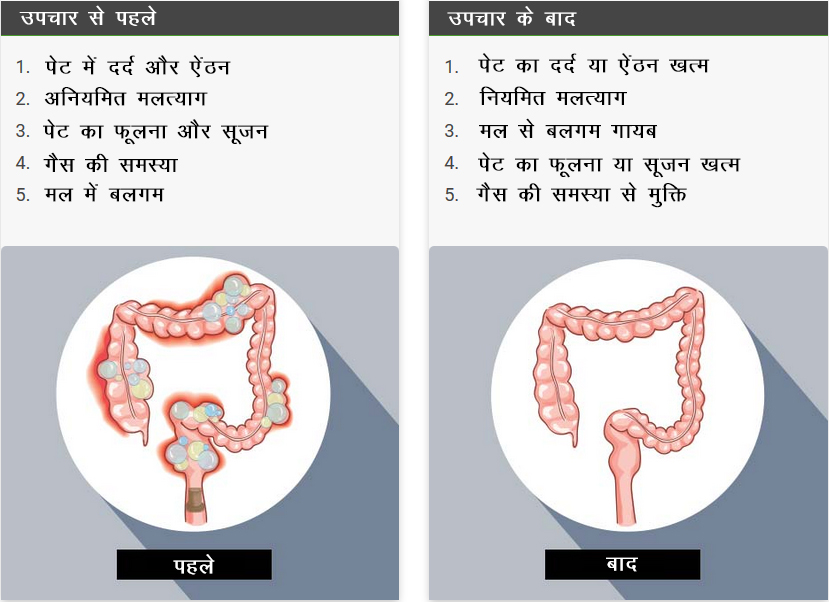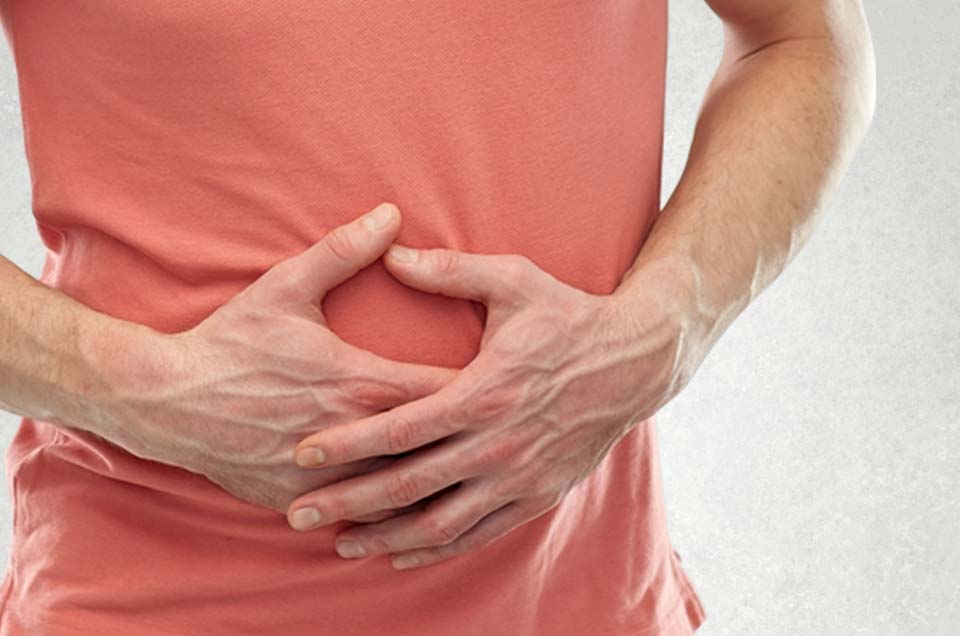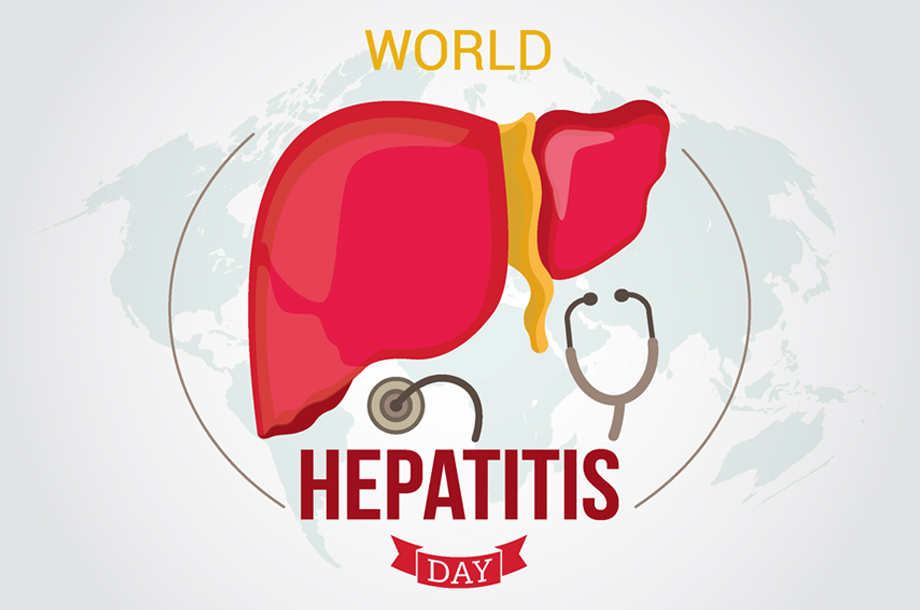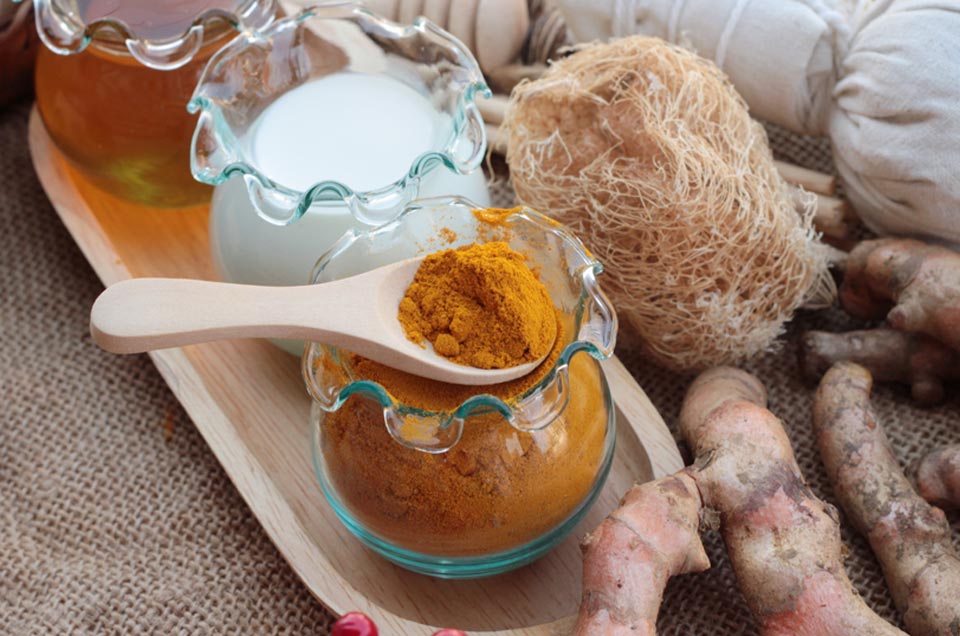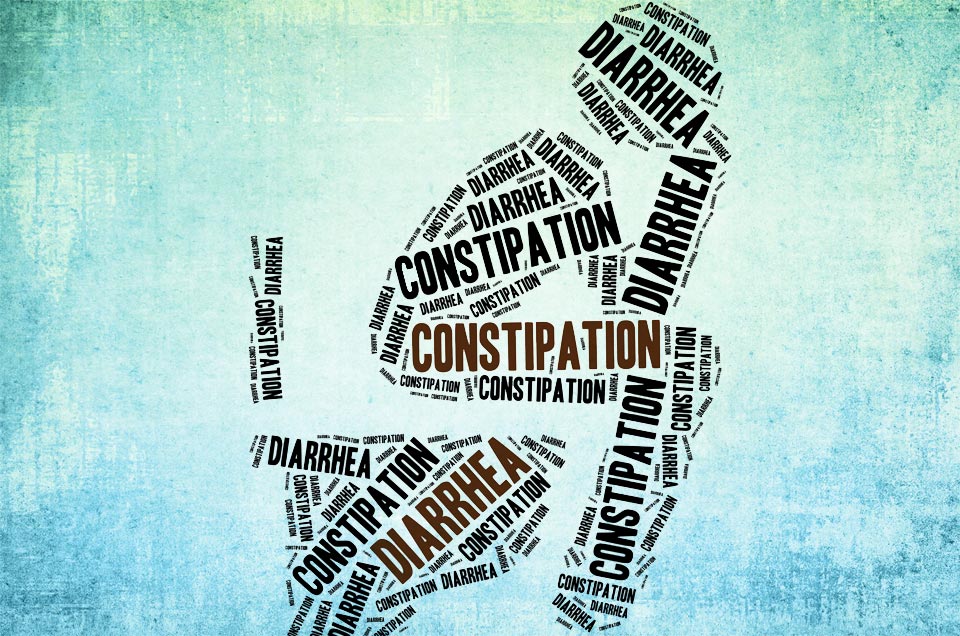Have you experienced a burning sensation inside your chest or a sour taste in your mouth after eating? These symptoms are typical of heartburn and acidity but they could also suggest a more severe condition known as GERD.
Heartburn, acidity and GERD are some of the most common digestive problems in India. In fact, based on a report by Cedars Sinai, gastroesophageal reflux disease (GERD) affects almost 13.98% of the human population globally.
It is important for you to understand the differences between acidity, heartburn, and GERD for getting the right line of treatment. In this blog, we will explore what these terms mean, how they are different, and what you can do to alleviate & prevent these unpleasant symptoms.
What is Acidity?
Have you ever felt a strong, burning feeling in your stomach or chest after having dinner? That is acidity. It happens whenever your stomach produces excessive acid, which irritates the lining of your stomach or esophagus. This is your body letting you know that it's having difficulty managing its digestive juices.
Your stomach breaks down food with acid, which is normal and necessary for digestion. However, issues start when this acid flows back up into the esophagus. This could lead to heartburn, which is often incorrectly diagnosed as acidity.
But what can you do about it? One simple method to manage acidity is by altering the manner in which you eat food. Rather than having two or three big meals every day, divide them into smaller, more frequent meals. This does not only limit stomach acid production but also assists your digestive system in processing food more efficiently.
Pro Tip: If you often suffer from acidity, keep a close eye on not just how much you eat but also when you eat. Avoid eating late at night or right before bed. Lying down right after a meal can trigger acid reflux, as it makes it easier for the stomach acid to creep back up.
What Causes That Burning Sensation in Your Chest?
Have you ever felt a warm and uncomfortable heat wave inside your chest? That is most probably heartburn (but note that it has nothing to do with the heart). Heartburn happens when stomach acid goes into your esophagus, the tube which links your throat to the stomach. This may cause a burning sensation, which may sometimes be a slight irritation and sometimes even cause extreme discomfort.
Symptoms of Heartburn
- You may feel a burning sensation in the chest just behind the breastbone that happens right after consuming food and lasts for several minutes to even hours.
- Chest pain, particularly when bending over, lying down or eating food.
- Burning in the throat or hot, acidic, sour, or salty tasting fluid in the back of the throat.
- You may also have difficulty swallowing your food.
Common Triggers of Heartburn
- Spicy Foods: Such foods can lead to gastric reflux as they often irritate the esophagus
- Overeating: Eating too much can force acid up into your esophagus.
- Lying Down After Meals: When you lie down, gravity cannot keep your stomach contents down where they belong.
How Do I Know It is Heartburn or Something More?
If heartburn is occasional, then it is generally not considered serious. But if you have to take antacids more than twice a week, you might have worse issues than heartburn; it might be GERD (Gastroesophageal Reflux Disease).
Signs It May Be GERD
Frequency: If you experience heartburn more than two times a week, it may be a symptom of GERD.
Severity: If heartburn is serious enough to cause issues in your everyday life or quality of life.
Associated Symptoms: For example, if you are also experiencing nausea, chronic cough, persistent sore throat, or a lump inside your throat.
What is GERD and also How is it Different from Occasional Acid Reflux?
Most people occasionally experience acid reflux. Maybe you've eaten too much at dinner or consumed too much spicy food and then felt that burning sensation in your chest. This is normal. When this turns into a regular event (especially more than two times a week), this could be a sign of GERD or Gastroesophageal Reflux Disease.
What is GERD?
GERD is a condition where stomach acid frequently flows back into the tube which links your stomach and mouth (your esophagus). This acid backwash may lead to irritation of your stomach lining and more serious health issues, if you don’t get it checked. The primary difference between occasional acid reflux and GERD is the frequency and severity of symptoms.
When to See an Ayurvedic Doctor
Frequency & Severity: If you experience acid reflux many times a week.
Difficulty Swallowing: If you face trouble or pain while swallowing.
Nighttime Symptoms: In case acid reflux wakes you up in the middle of the night, you should consult an Ayurvedic doctor.
Can Lifestyle Changes Really Help Manage These Conditions?
Now that we have understood what acidity, heartburn and GERD really are, you may wonder if there are certain changes that you can make in your own lifestyle to help control these conditions. Put simply, how you live your daily life influences these digestive issues as well. Let us understand some of the changes you can adopt to reduce your symptoms and boost your digestive health.
Practical Tips for Dietary and Habit Adjustments
Mind What You Eat: Watch and pay attention to what causes your acid reflux. Some common triggers are spicy foods, chocolates, tomatoes, citrus fruits and caffeine. If you maintain a food diary, this will help you to monitor what ingredients to avoid and which ones to include in moderate amounts in your food.
Meal Timing is Key: You have to try not to eat late at night. Consuming meals at least three to four hours before bedtime allows your stomach to empty and also cuts down on the risk of acid flowing back up when you sleep.
Smaller, More Frequent Meals: Rather than eating three huge meals, start taking smaller portions more frequently throughout the day. This could stop the stomach from getting too full and pushing acid up into the esophagus.
Keep a Healthy Weight: Excessive weight, particularly near the abdomen, can easily force acid back up into the esophagus. If you can lose some weight, you can ease this pressure and reduce your symptoms.
Stay Upright After Eating: Try to stay straight for a minimum of one hour after eating. Gravity holds stomach acids down and supports your digestion.
Conclusion
Sometimes, the discomfort of acidity, GERD and heartburn can become too much for you to handle. However, remember that it is ultimately you who controls your circumstances. Every small adjustment you make in your diet and lifestyle is a step toward better health and comfort. From adjusting your meals, time of eating to simply raising the head of your bed, these changes can make a big difference.
If you have any questions regarding your health issues, speak with our certified Jiva doctors today by calling on 0129-4264323




